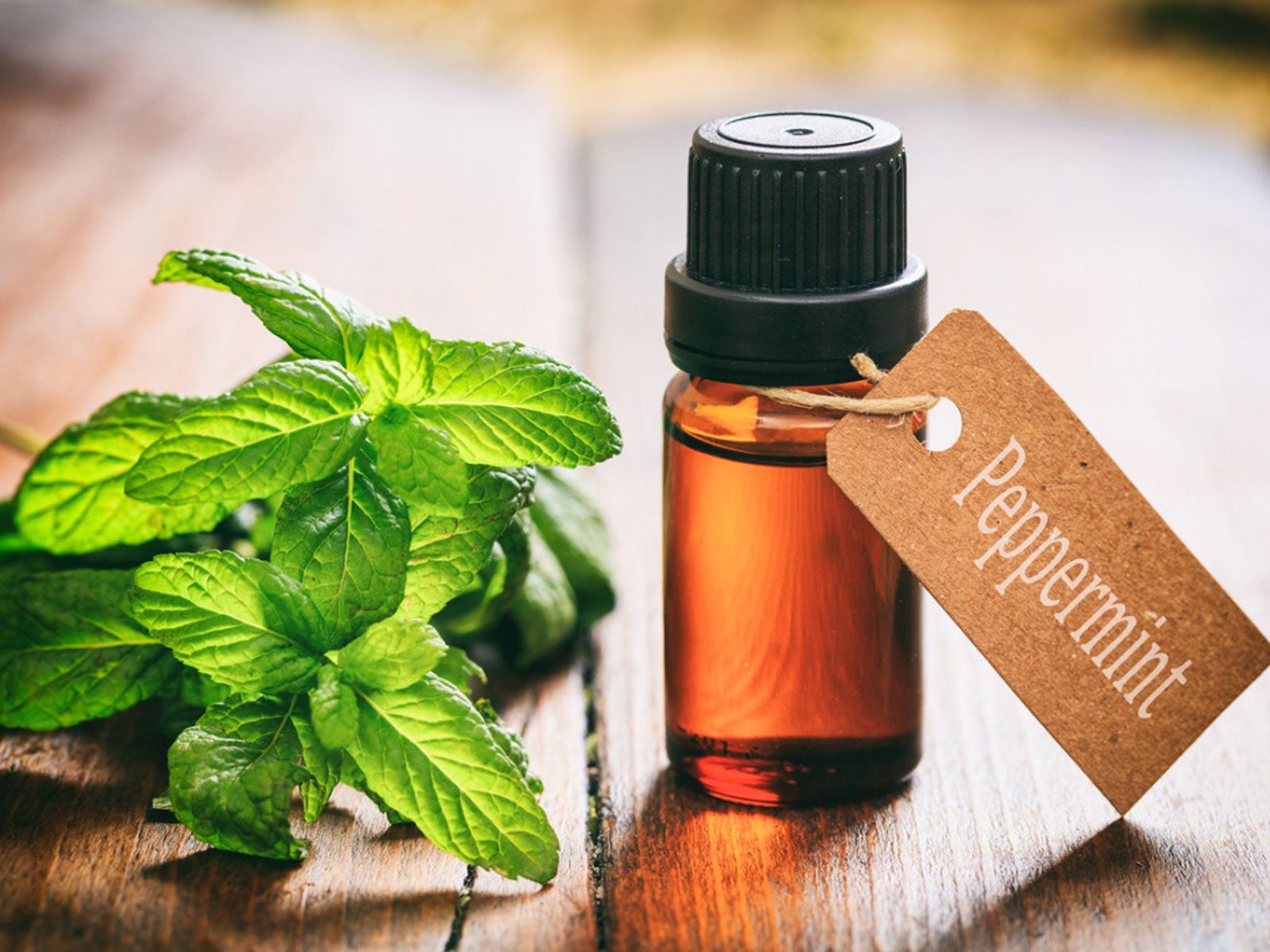
Herbal remedies are all the rage at the moment, but their use actually dates back centuries. Peppermint, for example, was first cultivated in England in the late 17th century but has been documented as being in use in ancient Egypt. Around 1,000 BC, ancient civilizations used peppermint for its health benefits, but is peppermint really good for you, and if so, what benefits does peppermint have?
Is Peppermint Good for You?
Peppermint is a naturally occurring hybrid of spearmint (Mentha spicata) and watermint (Mentha aquatic). The benefits of peppermint have been hyped for centuries for everything from gastrointestinal distress to relaxation.
While some ancient remedies utilizing peppermint for health may be questionable, modern science has proven that, yes, peppermint is good for you, although there are some cautions to that statement. Read on to learn about the benefits of peppermint as well as its limitations.
What Benefits Does Peppermint Have?
Peppermint has long been used to treat indigestion and other gastrointestinal ailments. During the 18th century, the use of peppermint for health reasons expanded to treating morning sickness, respiratory infections, menstrual issues, and nausea.
In fact, in 1721 peppermint was listed in the London Pharmacopoeia as a remedy for not only morning sickness and menstrual pain but for colds, colic, and gas. Since then, scientists have delved into what makes peppermint tick and if peppermint really has concrete benefits to a person’s health.
Benefits of Peppermint
Peppermint features prominently in a variety of products as a flavoring agent and a component of the herb, menthol, can be found in many topical ointments destined for use on muscle aches or congestion.
There’s a reason peppermint oil is sought after for use in these medications. Peppermint relaxes the smooth muscles of the gastrointestinal tract, which can aid in symptoms caused by indigestion or irritable bowel syndrome.
Sign up for the Gardening Know How newsletter today and receive a free copy of our e-book "How to Grow Delicious Tomatoes".
The lively, mint aroma of peppermint oil is also said to make a person more alert. Peppermint actually increases the oxygen count in the bloodstream, which in turn, increases the flow to the brain. While this doesn’t actually make you more intelligent, it does focus your intellect on the task at hand.
This is probably why some people chew gum (often peppermint) while they are taking a test or other task that requires concentration. Studies have also shown that peppermint can improve athletic performance as well as reaction times.
Cautions Regarding the Use of Peppermint for Health
While there is no doubt that peppermint oil has health benefits related to the gastric system, as with all good things, there are some downsides.
Peppermint also relaxes the sphincter between the stomach and esophagus, which may then cause reflux and heartburn. This can be a real pain for folks with hiatal hernia or GERD.
Also, peppermint oil use may be toxic to the kidneys when used at high doses and should be avoided by those with gallstones or gallbladder issues. It can also interact with some medications.
Disclaimer: The contents of this article are for educational and gardening purposes only. Before using or ingesting ANY herb or plant for medicinal purposes or otherwise, please consult a physician, medical herbalist, or other suitable professional for advice.

Amy Grant has been gardening for 30 years and writing for 15. A professional chef and caterer, Amy's area of expertise is culinary gardening.
